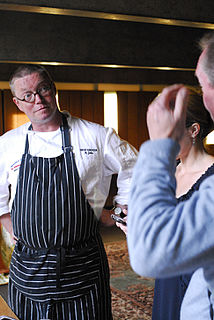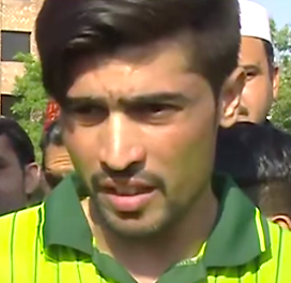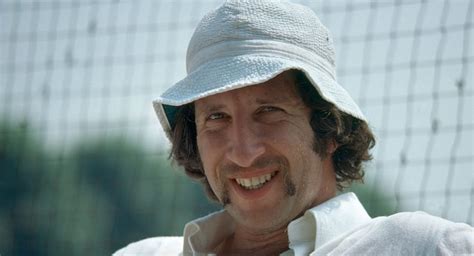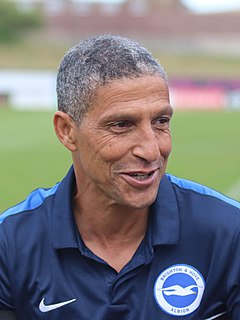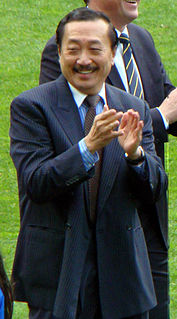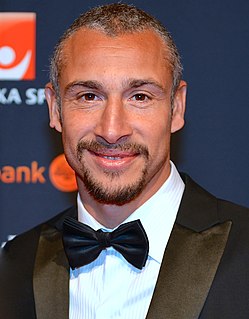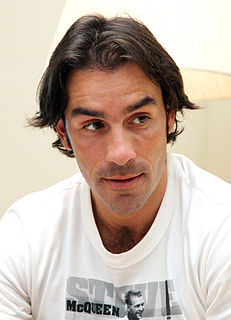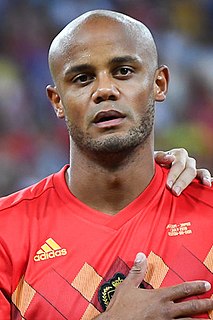A Quote by Fergus Henderson
My first proper kitchen was this funny little club that we set up in Mercer Street in Covent Garden. It got shut down. Then I worked at a club in Notting Hill.
Related Quotes
They [Barnes Theatre Club] were a very good group, and for some reason when I finished the backstage thing, I just decided to that I should try to act. So I auditioned for Guys and Dolls and got a little tiny part as some Cuban dancer or something and then in the next play I got the lead part, and then I got my agent. So I owe everything to that little club.
Welcome to Fight Club. The first rule of Fight Club is: you do not talk about Fight Club. The second rule of Fight Club is: you DO NOT talk about Fight Club! Third rule of Fight Club: if someone yells “stop!”, goes limp, or taps out, the fight is over. Fourth rule: only two guys to a fight. Fifth rule: one fight at a time, fellas. Sixth rule: the fights are bare knuckle. No shirt, no shoes, no weapons. Seventh rule: fights will go on as long as they have to. And the eighth and final rule: if this is your first time at Fight Club, you have to fight.
I remember the first time I was booked into a jazz club. I was scared to death. I'm not a jazz artist. So I got to the club and spotted this big poster saying, 'Richie Havens, folk jazz artist.' Then I'd go to a rock club and I'm billed as a 'folk rock performer' and in the blues clubs I'd be a 'folk blues entertainer.'
I was able to go over [Saxophone Competition] and work a little more in Europe. I'm thankful that those of kinds of things. Simultaneously, some nice things did come in. I got a nice festival that came in, in Virginia through that. There was a club that opened in DC in the famous Willard Hotel near the White House. And the club was called The Nest. I played there a few nights. Some musicians in Philly and D.C. kind of brought me down and got me on a couple things. So things opened up a little bit.
We tried the first evening to go down Division Street and Rush Street, but we couldn't get in anywhere because they didn't like [ Emilio Estevez] sneakers and they didn't like my boots. This was 1983 or '84, so it was ridiculous. We ended up at a jazz club, where you go downstairs and there's a very cool place.
